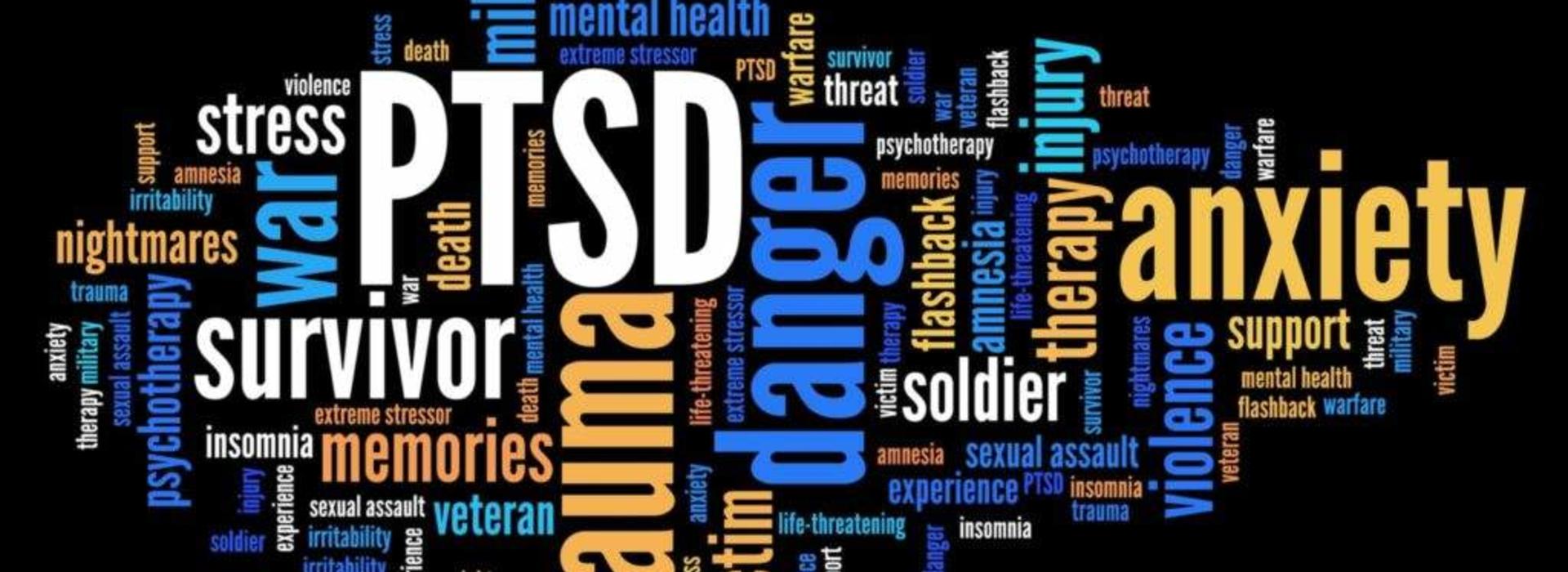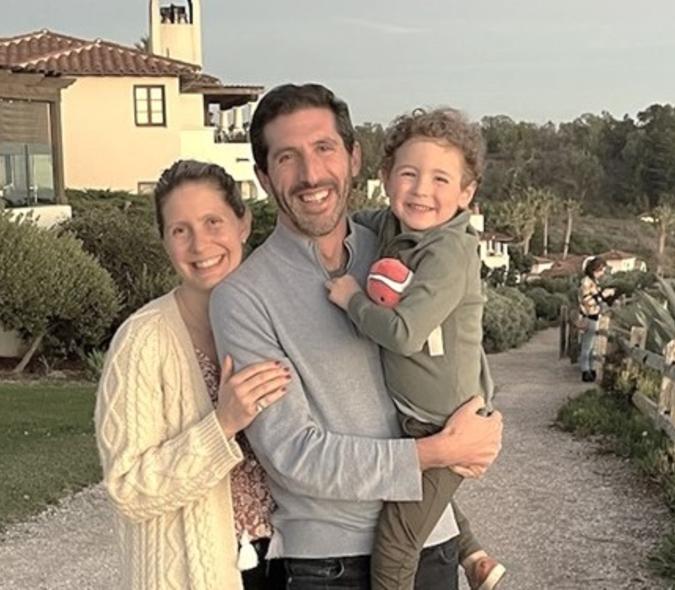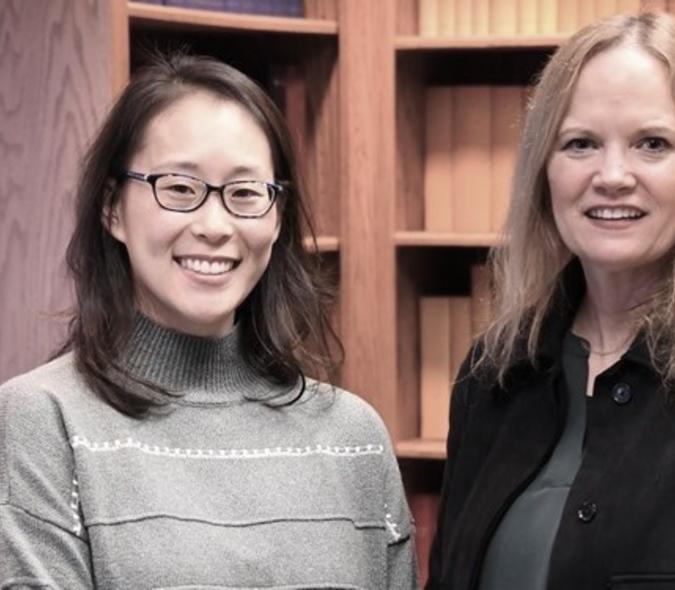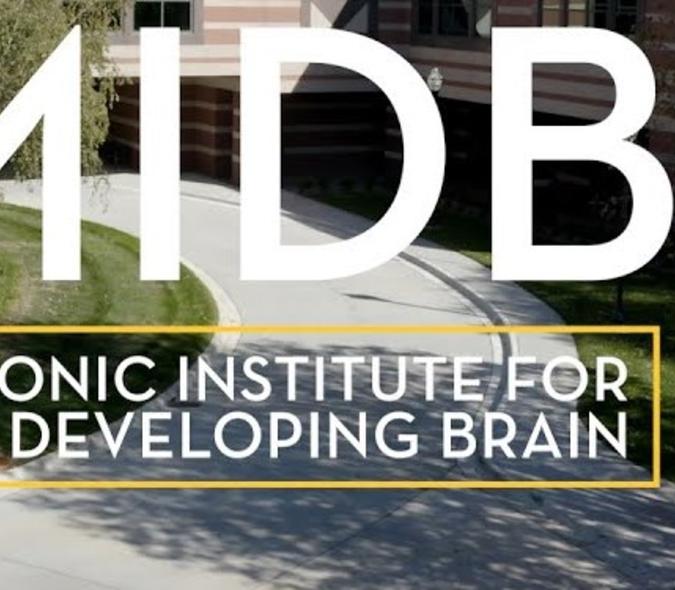
June is National PTSD Awareness Month

We posed several questions about PTSD to Assistant Professor Jacquetta Blacker (pictured at left), MD, MA, who is board certified in both adult and child and adolescent psychiatry. Here are her answers.
What is PTSD?
PTSD stands for post-traumatic stress disorder. It is a syndrome of psychological and physiological responses that can follow an event (or a series of events) that a person found threatening to their life, or to their physical and mental safety. Doctors use slightly different diagnostic criteria internationally, and these criteria have shifted over the years as we understand PTSD better. In general, however, a person with PTSD is going to struggle with intense emotional responses, re-experiencing (such as flashbacks or nightmares), avoidance of things that remind them of what happened (such as smells, noises, places), and feeling hyper-arousal (e.g., monitoring their surroundings, being much jumpier than their friends).
If something bad happens to me, does that mean I’m going to get PTSD?
No. The good news is that most people who survive one or more traumatic life events will be okay. They do not go on to develop PTSD. But it is really, really important to remember that this does not mean that those people who do develop PTSD are somehow weaker or less resilient than the rest. We know that lots of things contribute to the development of PTSD. This includes the control switches for genes that we inherited from our parents and grandparents. It also includes bad childhood events that might change our brain wiring so that we perceive threat and safety differently, and good childhood life events that provide a sense of resilience and safety.
What are the common misperceptions about PTSD?
PTSD is widely associated with extreme traumatic events such as combat, natural disaster, domestic violence, and rape. Obviously, these are experiences that can cause PTSD symptoms, but we have also recognized that subtler events can be traumatic. Common life events like a car accident, a miscarriage, a medical emergency, a bullying boss ... all of these can cause classic symptoms of PTSD in some people. In fact, the inaccurate belief that “only military veterans have PTSD” means that many civilians do not even think to seek out treatment. As a result, they can struggle for years with horrible effects such as nightmares, depression, or avoiding things and places, and these symptoms can really get in the way of them living life the way they want to.
Another issue is that a lot of people may not realize that PTSD can take a long time to develop. In a small minority of individuals who have survived traumatic life events, they experience no symptoms for months or even years. We call this “delayed onset PTSD.” This can be very confusing, and can also prevent individuals from seeking help, especially if they think, “It's been a long time, I should have gotten over it by now.”
What is the gold standard of treatment? Is there one?
Yes and no. There are treatments that can be very effective for some people. There are types of trauma-focused psychotherapy that can help a person think about what happened to them in a different way and reduce how their body responds with a fight-or-flight adrenaline rush whenever they remember the traumatic event. These therapies can also be helpful if a person is taking medicine that helps the brain respond more smoothly and calmly to memories and to current situations. Additionally, we have medicines that can often help reduce the frequency or severity of nightmares.
For other individuals, however, PTSD can prove difficult to treat even with the standard therapies. A lot of research is being done now to try and work out why their bodies and brains respond differently and how we can help.
What are some newer treatments?
There are some really interesting studies being done with new medicines that act on brain receptors we have not targeted before. There are also some interesting results from neuromodulation treatments, like transcranial magnetic stimulation. These treatments are not yet FDA-approved, but they are being studied with a lot of interest and there are ongoing international clinical trials. We need new therapies so that we can offer different options to our patients, especially those who are struggling with PTSD that is difficult to treat.
Why is this condition so important to treat?
PTSD gets in the way of a person living their life. It makes it hard for someone to do things they want to do if flashbacks are pulling them back to one of the worst times in their life, or avoidant symptoms are preventing them from driving a car or going out with friends. It is horrible to be minding your own business and suddenly have an adrenaline rush from the sound of a car backfiring, or the sight of a paper bag blowing across the street. Not being able to live in the present and constantly getting dragged back to the past is exhausting.
We also know that PTSD can be associated with medical complications. Living in a frightened or aroused state, whether constantly or intermittently, can be damaging to a person's physical health. When not treated, PTSD can be associated with heart disease, strokes, kidney problems, and other medical complications. Strangely enough, it is even associated with increased risk of accidents. And sadly, PTSD can also be associated with an increased risk of suicide, especially if the memories are so distressing that a person is struggling to live with them.
What do you learn about the human condition with you work with patients who have PTSD?
We humans are powerful, frightened, brave, fragile, resilient, capable, and easily damaged — all at the same time. When we study the history of PTSD, we can see it has appeared for centuries under different names but with similar patterns. Our history shows that all human beings survive difficult things, and there is no shame or weakness when that survival leaves scars, whether visible or invisible. The important thing is to be brave enough and hopeful enough to reach out for help.
Support and resources:
National Alliance on Mental Health resources for PTSD
National Center for PTSD
Make the Connections (Dept. of Veterans Affairs)
Rape, Abuse and Incest National Network (RAINN)
- PTSD resource page
- National Sexual Assault Hotline: (800) 656-HOPE (4673)
National Suicide Prevention Lifeline: 800-273-8255 (available 24 hours a day, English & Spanish)



